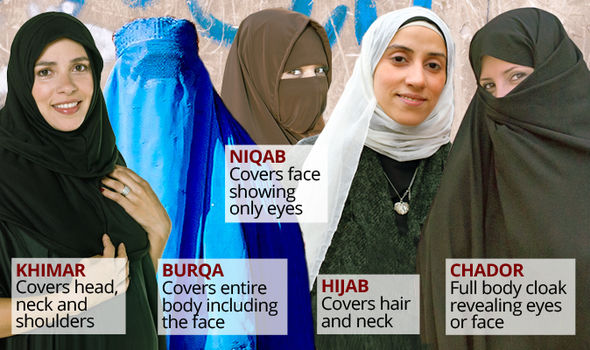Western views of full-coverage clothing, including hijabs, niqabs, and burqas, may be concealing a hidden benefit to those who choose to wear such clothes voluntarily:
Hijabs, niqabs, and burqas — different sorts of coverings worn by Islamic women — are divisive apparel in the West, associated with patriarchal oppression, cultural outsiders, and even suicide bombers. Yet few accounts actually discuss the experiences of the women wearing the veils, and the freedom and anonymity coverings can afford if worn voluntarily.
Born in Pakistan and educated in America, Rafia Zakaria is the author of Veil, a new book which explores the history and shifting meanings of female coverings in Islamic countries and Western secular society. In a wide-ranging conversation, she talks with Reason‘s Nick Gillespie about the theological underpinnings of veils, their use as a means of controlling female sexuality, and how they have become markers of socio-economic status and virtue signaling.
Veils present a particular conflict for Western feminists. On the one hand, veils — especially burqas — are emblematic of regimes that are particularly oppressive to women. Feminists and others have moved to ban the wearing of veils in public in the name of female empowerment. But if a Muslim women wants to wear one, is she endorsing patriarchy and setting back the women’s rights movement or simply owning her own choices, especially in a culture that might itself be anti-Islamic?





It doesn’t matter how many are in any one country, only how many have been killed. You may say that kind of thinking is violent and untoured, but it is exactly their way of thinking about us. Talking about numbers, the Qur’an invokes our murder 57 times, and the same exhortation exists hundreds of times in the Hadeeths. The Muslim governs his people with terror, brutality, and murder. His intentions are to do the same to us, and his plans are working. If we wish to influence the Islaamic mind, we must do the same, or they will ignore us.
Comment by Twanna Qare — January 2, 2018 @ 17:49